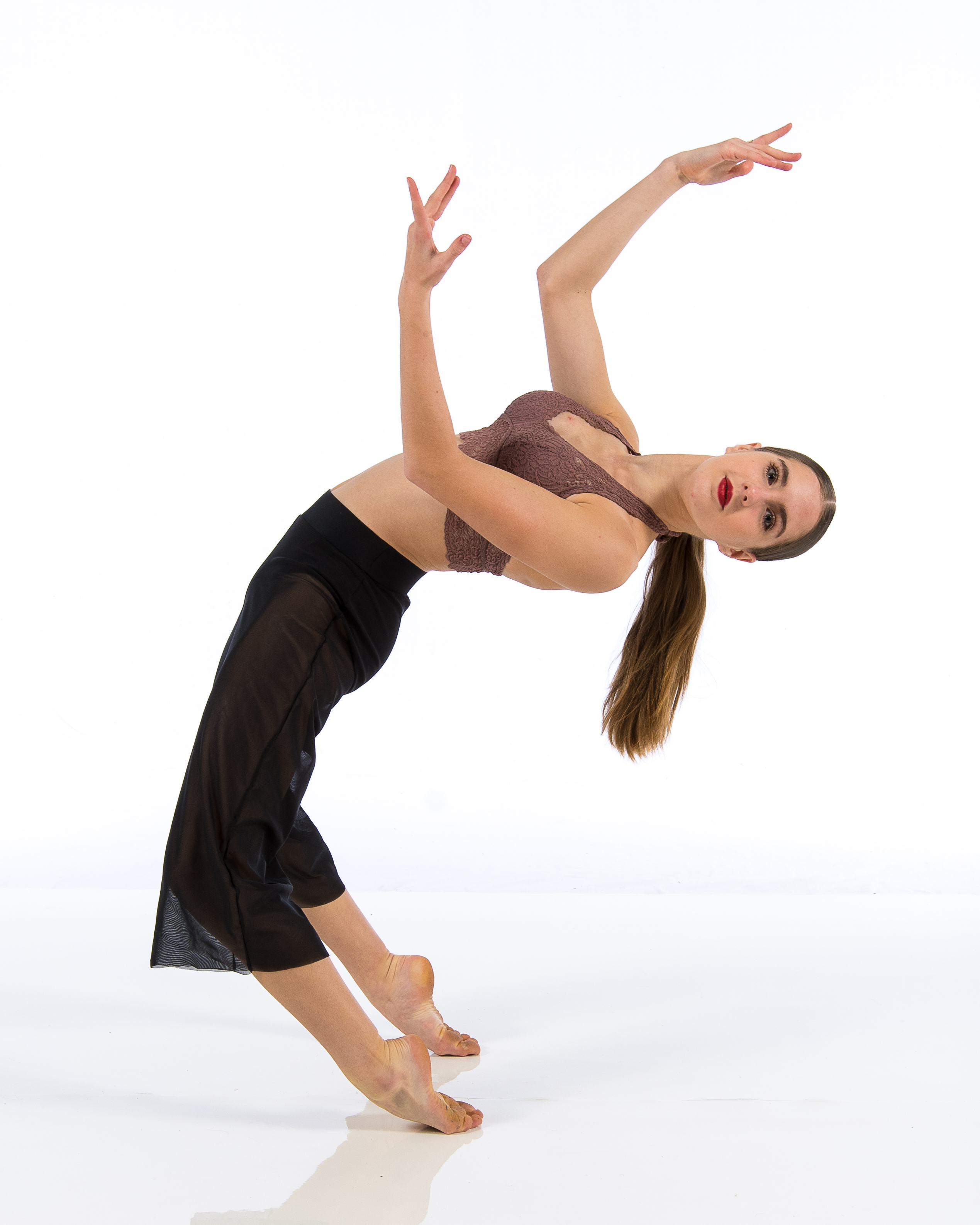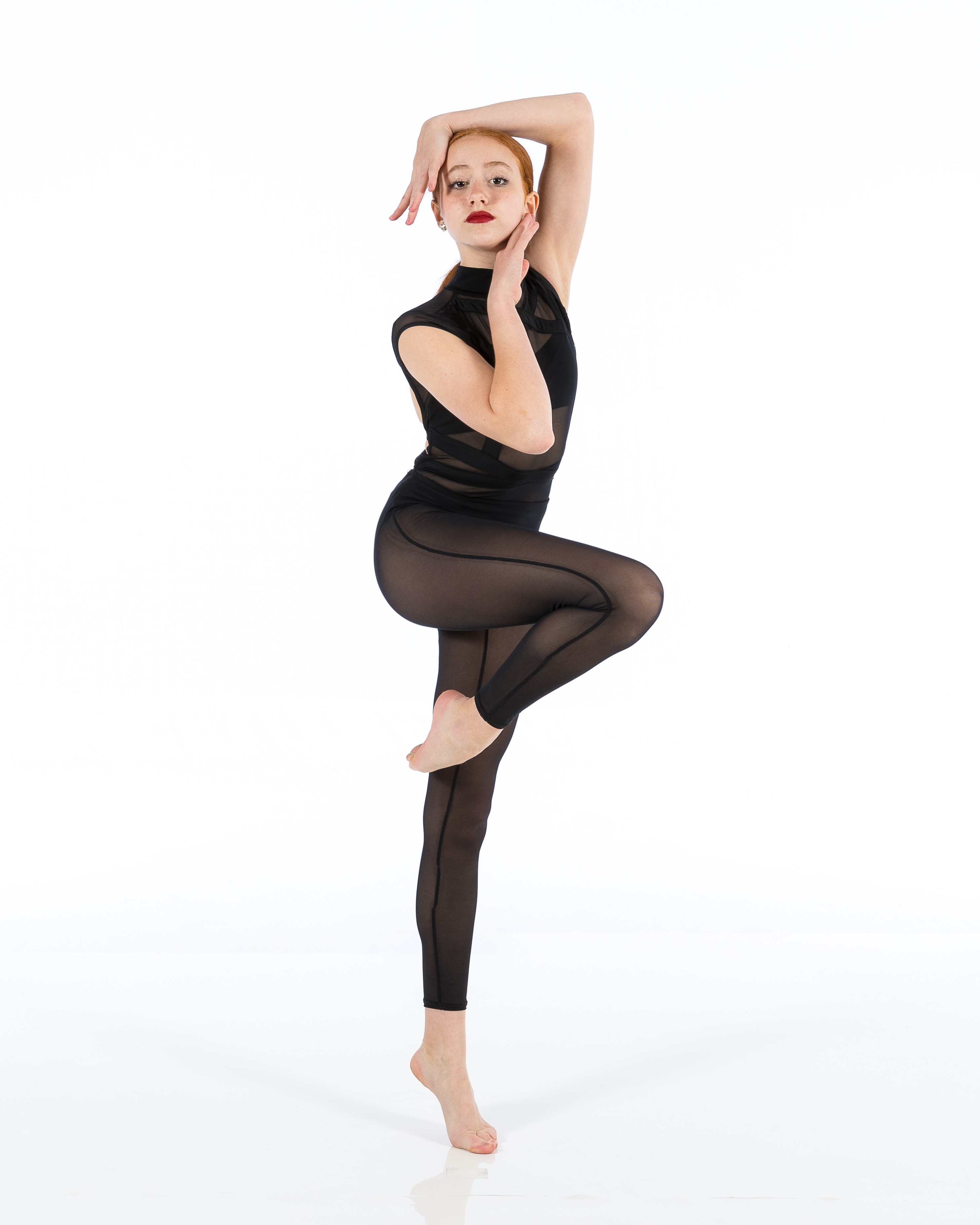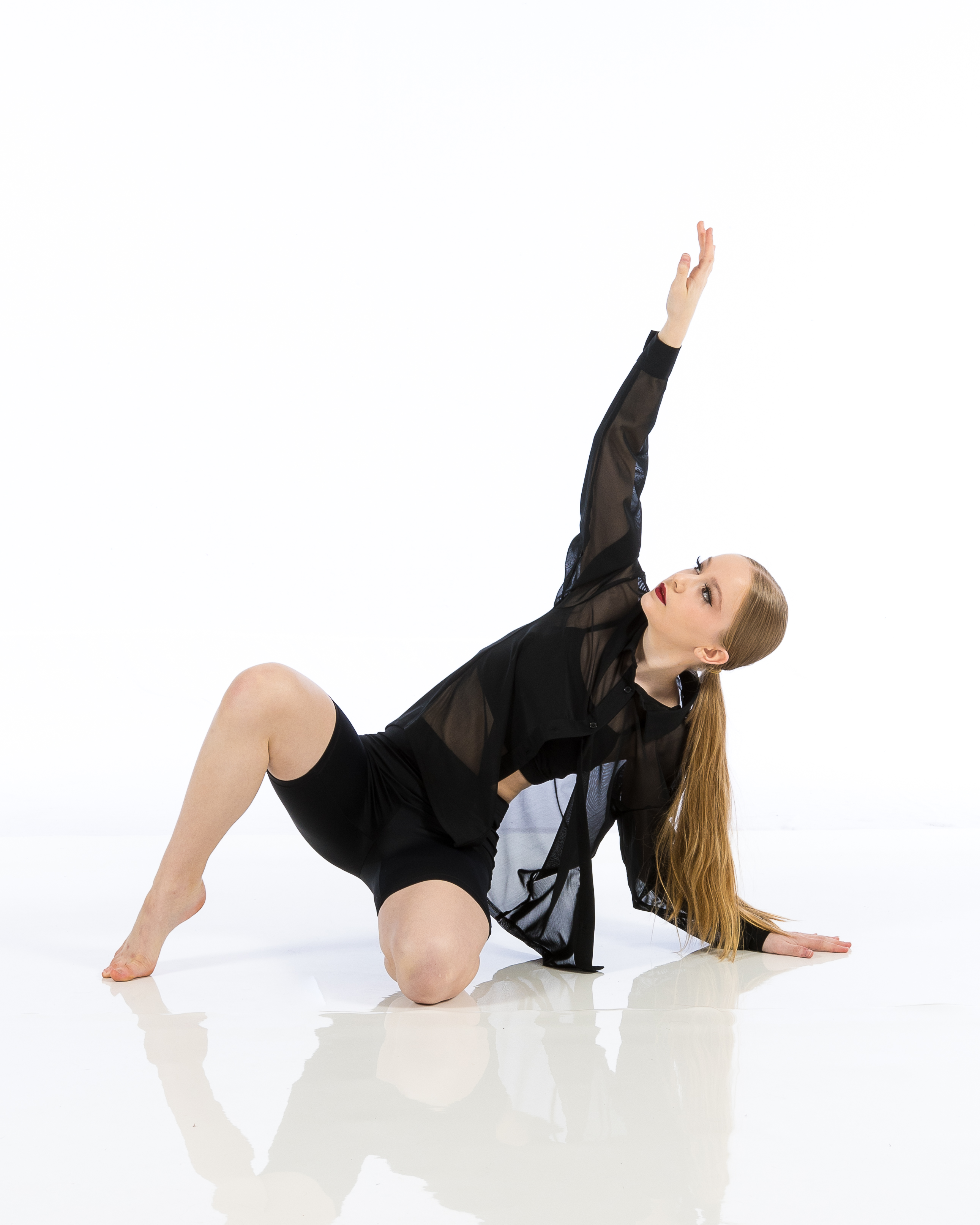Introduction
Dance is an art kind that goes beyond barriers, unites communities, and ruptureds with the vitality of human expression. Whether you're a budding professional dancer entering a dance studio for the very first time or a seasoned entertainer seeking to improve your craft, understanding dance studio etiquette is important for making certain a favorable experience. This extensive overview titled From Newbie to Specialist: Navigating Dance Studio Etiquette for an Unified Experience will certainly take you with every facet of dance studio behavior, offering understandings that will boost your experience and foster stronger connections within the dance community.
Understanding Dance Studio Etiquette
What is Dance Studio Etiquette?
Dance studio etiquette describes the collection of unwritten rules and social standards that govern habits in a dance class setup. Much like any various other artistic setting, appreciating these standards can improve not just your learning experience however also that of your peers.
Why is Dance Studio Decorum Important?
Adhering to proper rules assists produce an ambience of regard, focus, and collaboration. It cultivates a sense of community and enables professional dancers to support each other in their development while lessening disturbances during class.
From Amateur to Specialist: The Value of First Impressions
Preparing for Your Very first Class
Walking right into a dance studio for the first time can be stressful. To make a memorable first impression:
- Dress suitably: Use comfy outfit suitable for the sort of dancing you're studying. Arrive early: Objective to get to least 10-- 15 minutes before course begins. This gives you time to sign in, heat up, and clear up in.
Greeting Your Instructor
A pleasant greeting sets the tone for your experience. Always present yourself if it's your fabulous! A straightforward "Hi" or "Greetings" can go a lengthy method in developing rapport.
Classroom Conduct: The Do's and Do n'tshtmlplcehlder 46end.
Do's: Positive Behaviors
Be Respectful: Respect everybody's individual room-- specifically when exercising moves. Listen Actively: Show attentiveness when teachers are talking; it shows you value their guidance. Support Your Peers: Motivate fellow professional dancers; positivity types encouragement. Dance ClassesDon'ts: Unfavorable Behaviors
Avoid Interruptions: Keep personal discussions outside the classroom. Don't Use Your Phone: Silence your phone throughout class; it's disruptive. Refrain from Interrupting: Wait up until the instructor coatings before asking questions.The Duty of Personal Room in Dancing Studios
Understanding Boundaries
Personal area varies from person to person, specifically in a dance setup where physical closeness is usually needed during method routines.
Communicating Convenience Levels
If you really feel unpleasant with exactly how close another dancer is obtaining throughout partnered exercises or developments, it's important to connect this nicely and professionally.
Maintaining Expertise: Gown Code and Grooming
Importance of Appropriate Attire
Each dance design typically has its own dress code-- whether it be leotards for ballet or baggy clothes for hip-hop classes-- sticking to these criteria shows respect for both your craft and your instructor.
Personal Hygiene Matters
Dancing calls for physical effort, which can lead to sweating. Guarantee you preserve excellent hygiene by bathing prior to course and wearing clean attire.
Behavior During Class: Concentrating On Learning
Engaging with Instruction
It's vital to remain concentrated throughout demonstrations. Instead of simply viewing, actively involve by imagining exactly how you would perform each movement.
Asking Questions Appropriately
Curiosity improves finding out! If something isn't clear, feel free to ask questions-- but guarantee they are relevant and presented at suitable times (preferably after instructions).
Feedback: Embracing Constructive Criticism
Accepting Responses Gracefully
Constructive objection is component development in any kind of art form. Embrace responses with an open mind and stay clear of becoming defensive; remember that critique intends to aid improve your skills!
Offering Feedback Thoughtfully
When offering feedback to peers, guarantee it's positive rather than essential; concentrate on what they did well alongside locations for improvement.

Creating Harmony With Teamwork
The Significance of Team Spirit
In several dance designs, team effort plays a critical role; developing sociability with fellow professional dancers causes boosted performances.
Collaborating Throughout Group Exercises
When involved in group projects or choreography techniques, urge imagination by valuing every person's concepts while additionally contributing your own constructively.
Handling Conflicts Gracefully
Addressing Differences Maturely
Conflict might emerge as a result of misunderstandings or differing viewpoints on choreography choices. Tackle these issues privately as opposed to openly broadcasting grievances which could disrupt course harmony.
Seeking Arbitration When Necessary
If disputes rise past individual resolution efforts-- seek assistance from instructors who can moderate properly based upon their experience managing similar situations.

Post-Class Decorum: Leaving on an Excellent Note
Thanking Teachers After Class
Always reveal appreciation towards your trainer after lessons; this strengthens positive relationships while acknowledging their hard work!
Keeping the Studio Clean
Whether it's grabbing water bottles or neatly arranging props post-class-- keeping tidiness shows respect for common areas used by all dancers!
Engaging Beyond Course Time: Structure Community Relationships
Joining Social Events
Participate in social events organized by workshops such as showcases or open homes-- these gatherings use possibilities for networking while improving area connections outside structured lessons!
Supporting Other Dancers' Performances
Attending peers' performances demonstrates solidarity within the dance area-- it urges involvement past simple participation at classes!
Frequently Asked Questions (Frequently asked questions)
1. What ought to I put on for my very first dance class?
Choose comfy attire ideal for the certain style you're taking (e.g., leotards for ballet). Always inquire about dress codes beforehand!
2. Is it all right to talk throughout class?
It's best method not to participate in side conversations during instruction as this distracts both teachers & & fellow pupils alike!

3. How do I deal with sensation overwhelmed?
Take deep breaths & & advise on your own that every professional dancer began someplace! Communicate any type of battle with trainers that may supply extra help if needed!
4. What happens if I differ with choreography choices?
Express problems professionally either independently or within marked comments sessions instead of freely critiquing throughout wedding rehearsals; maintaining expertise helps fix arguments amicably!
5. Need to I bring water into the studio?
Absolutely! Remaining hydrated boosts performance degrees; simply guarantee containers are firmly shut so spills don't occur on floors where others are dancing!
6. Exactly how essential is punctuality?
Punctuality is crucial as getting here late interferes with concentration degrees while creating interruptions; objective constantly arrive early adequate allowing time workout appropriately prior to courses commence!
Conclusion
Navigating via a dance studio setting can seem intimidating in the beginning glance but grasping appropriate rules inevitably changes one's trip from beginner status towards expert level creativity! By sticking very closely well established behaviors detailed throughout this overview labelled From Beginner To Expert: Browsing Dance Studio Rules For An Unified Experience *, you'll grow indispensable relationships within neighborhoods enriched imagination while developing technological expertise alongside respected mentors! So shoelace up those shoes with confidence step onto that flooring-- the world awaits your distinct expression via movement!